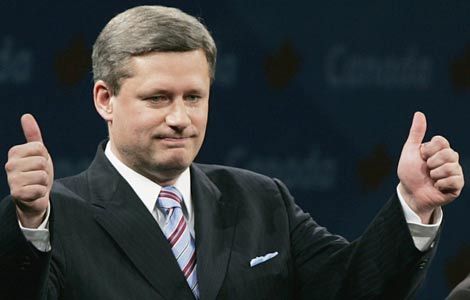One more day remains for negotiations at COP15 and the likelihood of breakthrough is now small. The “fair, ambitious, and legally binding treaty” many hoped for will most likely end up as a fragmented and ambiguous outcome. I am left wondering about the political rationale that brought us here.
My country actually justified inaction on climate change as a matter of fairness. Prime Minister Stephen Harper said prior to Copenhagen that Canada cannot reduce emissions unless it is confident that developing countries will be making equal effort. Otherwise, Harper said, Canada faces economic risks that are just too high.
The Greenhouse Development Rights Framework explores the qualities of a fair agreement. According to the Framework, a fair agreement is one in which countries reduce emissions according to their capacity and ability. This ranks Canada as one of the most obligated countries to reduce emissions (in fact, for 2.7% of mitigation obligations worldwide by 2020).
A lot of rhetoric and diplomatic wordsmithing has been thrown around these past two weeks, but the most offensive in my view is the claim that Canada cannot lead out of fairness.
Subscribe to our newsletter
Stay up to date with DeSmog news and alerts






